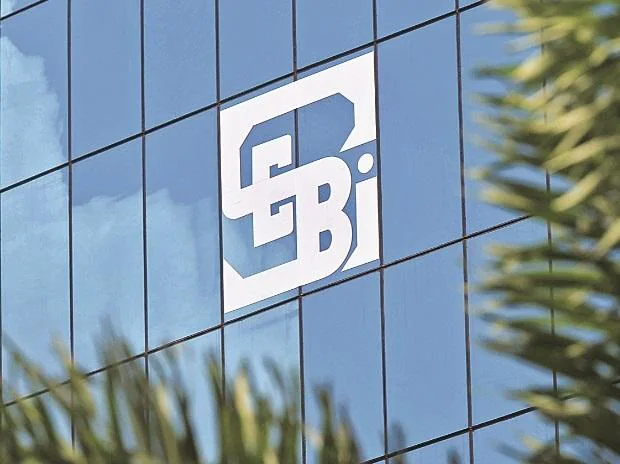[ad_1]
The Securities and Exchange Board of India (Sebi) on Friday tightened the disclosure requirements for all initial public offerings (IPOs) in a bid to bring transparency and rationality to issue pricing.
Besides traditional metrics, companies will now have to disclose key performance indicators (KPIs) that are normally not covered in their financial statements. Also, issuers will have to disclose the details of pricing of shares for transactions carried out ahead of the listing.
“The indicators that companies have already been sharing with private equity investors are relevant to retail investors as well. The new rules will give investors a better basis to make their decisions and ensure there is no information asymmetry,” said Madhabi Puri Buch, chairperson, Sebi, while addressing the media after the board meeting.
The Sebi board also approved a slew of other reforms, including bringing mutual fund (MF) units under the ambit of insider trading, allowing companies to make confidential IPO filings, and relaxing the offer for sale (OFS) mechanism.
While the new disclosure framework was initially aimed at start-ups and loss-making companies, Buch said it would be applicable to all IPOs. When asked if the tighter norms would encourage more companies to list overseas, she said regulations and legal liabilities in foreign jurisdictions were even more stringent.
In the case of listed companies, key managerial persons at MFs will be covered under the prohibition of insider trading (PIT) regulations. Buch said MFs transactions were already covered under the PIT regulations, but there was ambiguity around it. “Mutual funds have become too big an asset class and hence all the ambiguity needs to be removed,” Buch said. Sebi will introduce a new chapter on MFs under the existing PIT regulations.
Borrowing the concept from the US markets, Sebi has also approved confidential or pre-filing of IPO documents. Under this, a company’s draft red herring prospectus (DRHP), which has a lot of confidential information, will be kept out of the bounds of the public until the company decides to launch an IPO. Pre-filing of IPO documents will give issuers more flexibility and help them withhold sensitive information from their competition.
Buch said several decisions taken by the Sebi board were aimed at liberalisation and promoting market development.
One such move was allowing net settlement between the equity cash and derivatives segments. This will enable investors to use their margins across segments and “reduce the amount of cash investors will have to bring substantially,” said Buch.
The Sebi board also introduced a new optional framework for the appointment and removal of independent directors. Currently, a special resolution, which requires 75 per cent of ‘yes’ votes, is needed to appoint or remove an independent director from a company’s board. Going ahead, companies will be allowed to do so by way of a ‘majority of minority’ vote.
Among other liberalisation moves, Sebi reduced the minimum holding requirement of REIT units by sponsors from 25 per cent to 15 per cent. This will encourage more companies to bring out REITs. Sebi also made changes to the alternative investment funds (AIFs) regulations to ensure asset managers specify the date of closure of the scheme. At present, it was more open-ended in nature.
Sebi also eased rules around OFS — currently used largely by promoters — to allow non-promoters such as PE investors to liquidate their holdings. Currently, non-promoters holding less than 10 per cent are not allowed to use the OFS route. Going ahead, any entity will be allowed to use the OFS route as long as it is offering shares worth at least Rs 25 crore. Also, the cooling-off period between two OFS has been reduced from 12 weeks to two weeks.
Furthermore, companies will now have to appoint a rating agency to monitor utilisation of funds raised via the qualified institutional placement (QIP) route. The rule will be applicable to companies raising more than Rs 100 crore.
To boost the public sector undertaking (PSU) disinvestment process, Sebi has relaxed the open offer pricing formula. The rule around the 60-day volume weighted average required in the case of open offers will now be applicable only to private sector firms.
[ad_2]
Source link




